Review: Plant diversity change across scales during the Anthropocene ($)
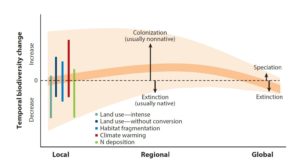 We’re living in the Anthropocene, a term that reflects the profound impact of human activities on Earth’s geology and ecology. A hallmark of the Anthropocene is a decrease in biodiversity due to an increase in the rate of extinctions. Vellend et al. examine the plant diversity has been affected during the Anthropocene. This wide-ranging review starts with an introduction to basic concepts and methods used in the study of biodiversity. The authors then summarize numerous case-studies and meta-analyses spanning local, regional, and global scales. Although they find that globally the rate of extinction has been largely offset by the creation of new species as a consequence of plant migrations, at the local level they observe widespread decreases in biodiversity due to habitat loss and fragmentation (due to urbanization and agriculture). The long-term implications for plant diversity remain highly uncertain. This is a very accessible and useful review for teaching. Annu. Rev. Plant Biol. 10.1146/annurev-arplant-042916-040949
We’re living in the Anthropocene, a term that reflects the profound impact of human activities on Earth’s geology and ecology. A hallmark of the Anthropocene is a decrease in biodiversity due to an increase in the rate of extinctions. Vellend et al. examine the plant diversity has been affected during the Anthropocene. This wide-ranging review starts with an introduction to basic concepts and methods used in the study of biodiversity. The authors then summarize numerous case-studies and meta-analyses spanning local, regional, and global scales. Although they find that globally the rate of extinction has been largely offset by the creation of new species as a consequence of plant migrations, at the local level they observe widespread decreases in biodiversity due to habitat loss and fragmentation (due to urbanization and agriculture). The long-term implications for plant diversity remain highly uncertain. This is a very accessible and useful review for teaching. Annu. Rev. Plant Biol. 10.1146/annurev-arplant-042916-040949


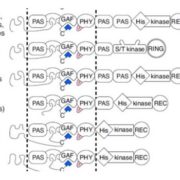


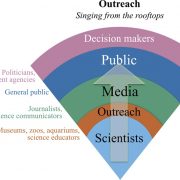

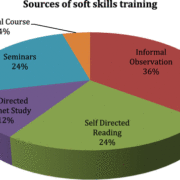
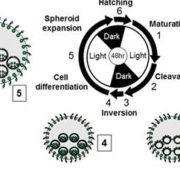



Embark on a captivating journey through the lush landscapes of botanical history as we unveil the secrets of plant evolution. In this enthralling blog post, we delve into the Four Major Evolutionary Periods of Plants that have shaped the green tapestry of our planet. From ancient green pioneers to the breathtaking adaptations of modern flora, join us as we unravel the fascinating tales of growth, survival, and transformation. Whether you’re a budding botanist or simply curious about the verdant world around you, this exploration promises to deepen your understanding of the remarkable journey that plants have undertaken over millions of years. Get ready to unearth the green wonders that connect us to the very roots of our natural heritage!